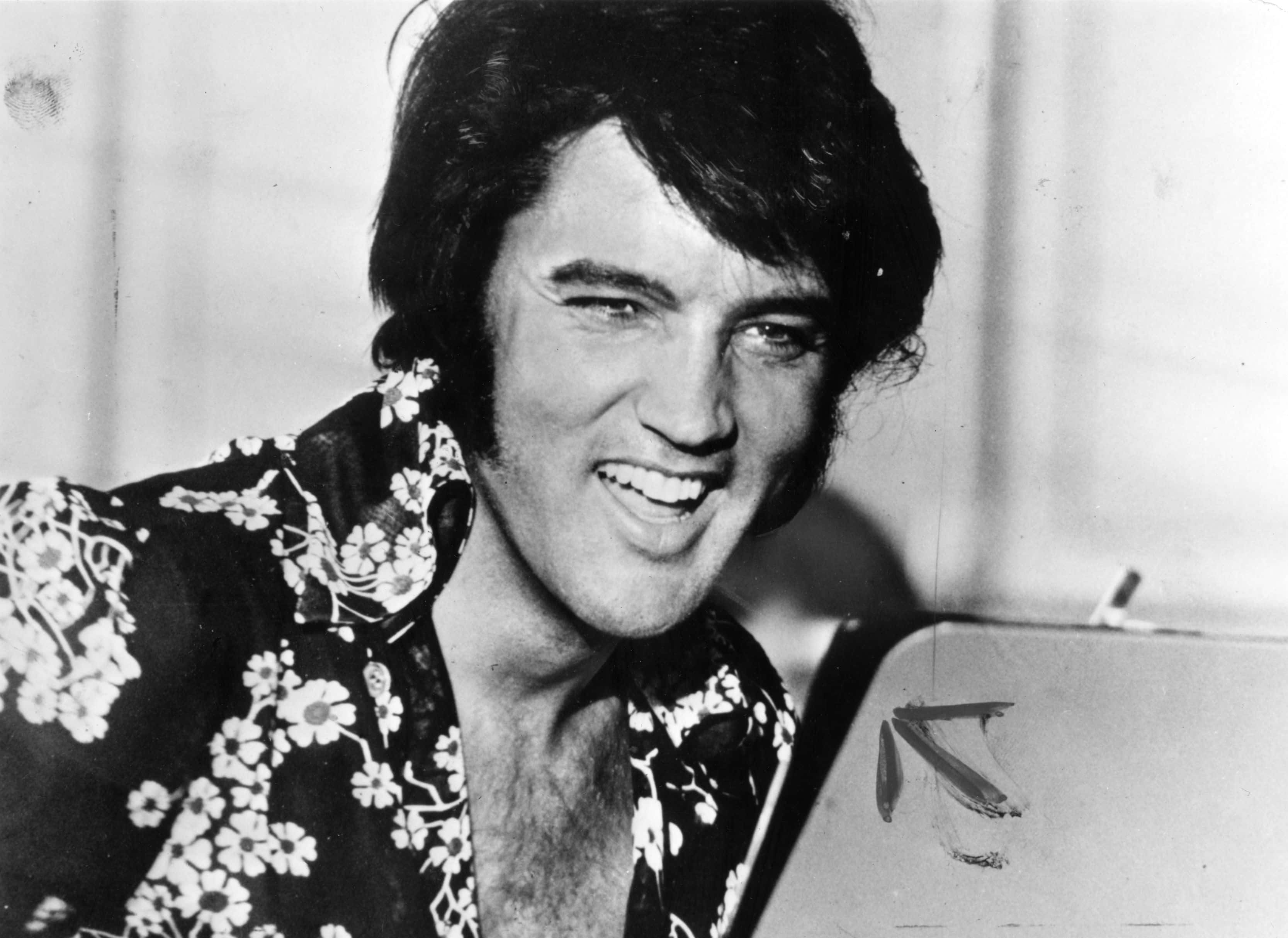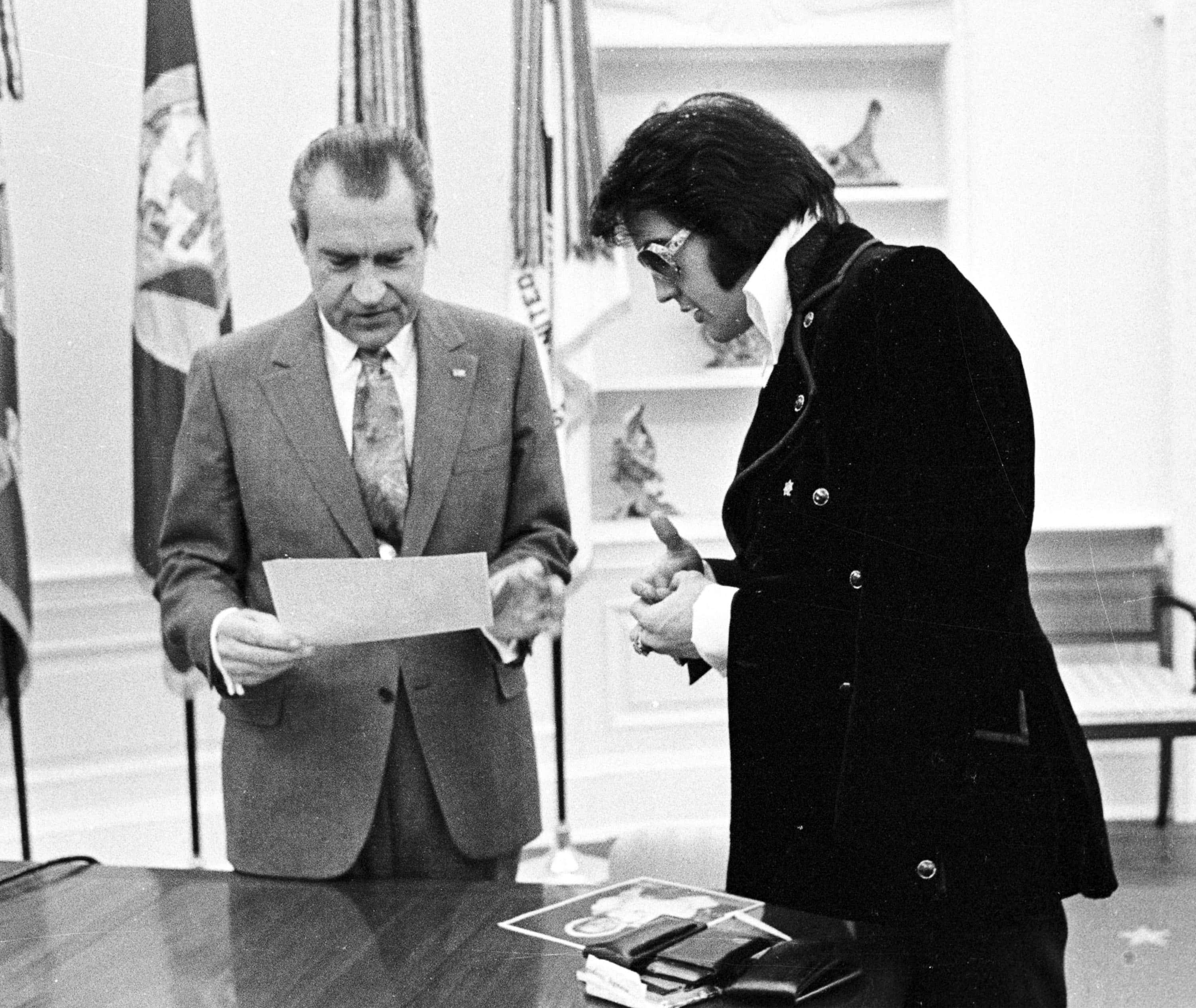How Elvis Presley fused rhythms from Black music to the soul of the South to change popular culture in America

When it comes to art, one needs to take into account the years and experience accumulated by the artist themselves before we fully realize the depth and beauty laid out onto the proverbial canvas. The magnitude of such experience can be seen when an artist puts a piece of themselves into their work and it's their influences which often compel them to do so. Tracing the origin of those influences is not an easy task, but certain periods in the artistic lineage are proven landmarks that signal an entire change or evolution in culture.
With that said, the title "King of Rock and Roll", goes to Elvis Presley without question, but where did it all start and how much has his music impacted the world exactly? It's not often you hear the term rock and roll paired with religion, but for Elvis gospel music remained a constant in his career. To form his unique musical style, he fused the country-western music of the South with the rhythm and blues of African Americans and it is this sound that dominated the radio waves soon after. Before the fame and glory, Elvis's life started out in poverty with a close-knit, working-class family, consisting of his parents, grandparents, aunts, uncles and cousins, who all lived near one another in Tupelo.
Armed with his guitar, gifted by his mother during his early adolescence and taught different chords by his Uncle Vester, Elvis began playing in church and on the WELO popular radio talent show, 'Saturday Jamboree'. It was from that show that Elvis would take his first step into show business. The star of the WELO Jamboree, whose stage alias was Mississippi Slim, started teaching Elvis new chords and songs and provided backup guitar for his performances. Elvis's own knowledge and wisdom were also realized by the company he encountered along his journey. His connection to Slim, who knew some renowned stars such as Tex Ritter, also had Elvis meeting more musicians and increasing his desire to learn.

It was as if Elvis's hunger for music had him absorbing the information of his surroundings and in turn becoming a melting pot of diverse ability, ready to take on the world when the time was right. Elvis would also be inspired by the country music he heard on the radio from the Grand Ole Opry every Saturday night, as well as the gospel sounds in church each Sunday morning.
Now, take the country, the gospel and the culture that Elvis had become immersed in during his youth and mix in another crucial ingredient, blues. It wasn't until Elvis got acquainted with a whole new scene from what he was used to that he began adding the polish to his "Blue Suede Shoes," so to speak.
In 1947, the Presleys moved to North Green Street, located in a "colored" neighborhood. Due to their financial situation and being looked down upon by his white classmates, Elvis became drawn to and fascinated by the music he heard from the Black community in his neighborhood. With a fresh sound he heard coming out of the streets, the clubs, and churches, Elvis became musically intoxicated and as a true musician, respected influence and began channeling it into his own style.
Fast-forward years later to 1956 around the time of his career boom, Elvis eventually cited that he was indebted to the influence of African American music in his very first interview in New York City. With artists such as BB King, Arthur "Big Boy" Crudup, Ivory Joe Hunter, and Fats Domino, the reporter who conducted the interview said blues singers who "obviously meant a lot to him." He added that he was "very surprised to hear him talk about the Black performers down there and about how he tried to carry on their music."

Elvis was also quoted later that year by reporters, saying, "The colored folks been singing it and playing it just like I’m doin' now, man, for more years than I know. They played it like that in their shanties and in their juke joints and nobody paid it no mind 'til I goosed it up. I got it from them. Down in Tupelo, Mississippi, I used to hear old Arthur Crudup bang his box the way I do now and I said if I ever got to a place I could feel all old Arthur felt, I'd be a music man like nobody ever saw."
Although Elvis was criticized for "stealing" Black music, he has also been praised for having opened a way for the African American community to enter into the music industry, who at the time were suppressed from doing so. Little Richard said of Elvis, "He was an integrator. Elvis was a blessing. They wouldn't let Black music through. He opened the door for Black music."
In turn, from his breakout moment right up until his death, Elvis would transform culture and influence generations of artists to come. The King of Rock and Roll also drew attention from the Hispanic community. Elvis was remembered for his versions of 'Alla en el Rancho Grande' and other Mexican songs, as well as his film 'Fun in Acapulco' which was the No. 1 musical movie in the United States the year it was released. In August, 1977, about two decades after his death, BMG Mexico issued a series of Elvis Le Canta a Mexico ('Elvis Sings to Mexico') albums to celebrate his legacy south of the border. The liner notes refer to him as 'The King of Ranchera Music.'
Judging by his early influences Elvis has served as a catalyst for a generation of music lovers and the changing sociological structure of the 1950s. His music was wild, defiant, challenging, adventurous and suffice to say Rock was never the same.










